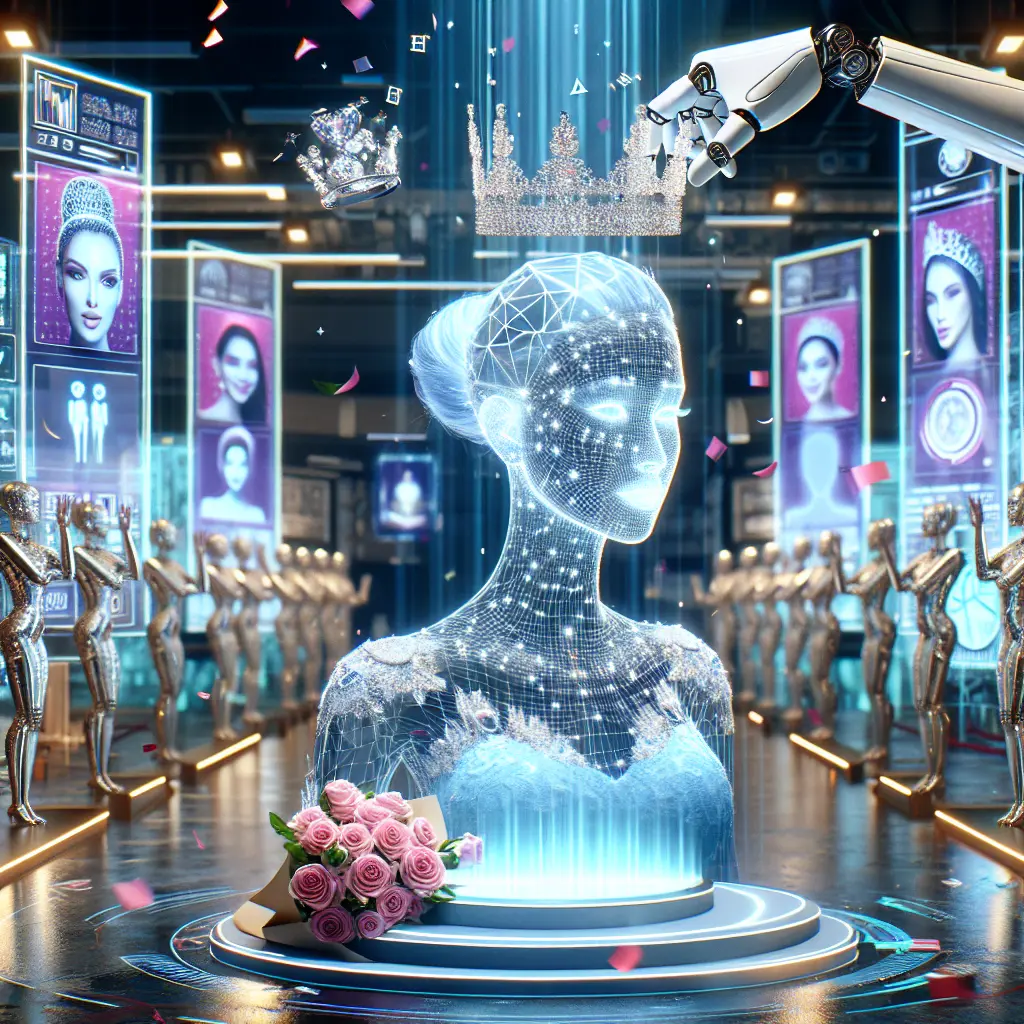
In the evolving world of fashion, virtual influencers are reshaping the industry landscape, posing both exciting opportunities and complex challenges.
In 2024, the fashion industry witnessed a groundbreaking moment with the crowning of the first computer-generated beauty queen, virtual influencer Kenza Layli. This milestone is part of a broader trend where more companies are turning to AI models for their advertising campaigns. These virtual influencers are not just digital doppelgangers; they are meticulously crafted personas designed to captivate audiences and redefine beauty standards.
The Rise of Virtual Influencers
Artificial Elegance: Virtual influencers like Kenza Layli represent a fusion of technology and creativity. They are designed to embody idealized versions of beauty, crafted with precision to appeal to a global audience. These AI models can "strike a pose" with flawless precision, making them highly appealing for fashion brands eager to present perfection.
Industry Impact: The use of AI models is not limited to aesthetics. They offer practical benefits like consistency, reliability, and reduced costs in advertising campaigns. Fashion brands can deploy these virtual personas across multiple platforms simultaneously, without the logistical challenges associated with human models.
Concerns and Controversies
Despite their advantages, virtual influencers raise several ethical concerns:
Beauty Standards: Activists argue that AI models exacerbate harmful beauty standards. By promoting unattainable ideals, they may put young women under increased pressure to conform to these digitalized versions of beauty.
Authenticity Questions: With AI models leading campaigns, questions arise about authenticity and genuine human connection. Consumers may find it challenging to relate to or trust a brand represented by non-human entities.
The Future of Fashion and Virtual Influence
As technology continues to advance, the role of virtual influencers in the fashion industry is likely to grow. This evolution presents both opportunities and challenges for brands and consumers alike:
Innovation vs. Tradition: Brands must balance innovation with tradition, ensuring that their use of technology does not alienate their audience.
Ethical Considerations: It's crucial for companies to consider the ethical implications of their marketing strategies, particularly regarding body image and mental health.
Consumer Engagement: As virtual influencers become more prevalent, companies will need to find ways to maintain genuine engagement with their audiences.
In conclusion, the rise of virtual influencers represents a fascinating intersection of technology, fashion, and culture. As we navigate this new era, it's important to consider both the opportunities and challenges they present. The journey ahead promises to be as complex as it is exciting.
For more insights on how AI models are reshaping the fashion industry, you can read the full article here.
Stay curious and keep exploring the digital realm of fashion!
Warm regards,
Jeremy Collins